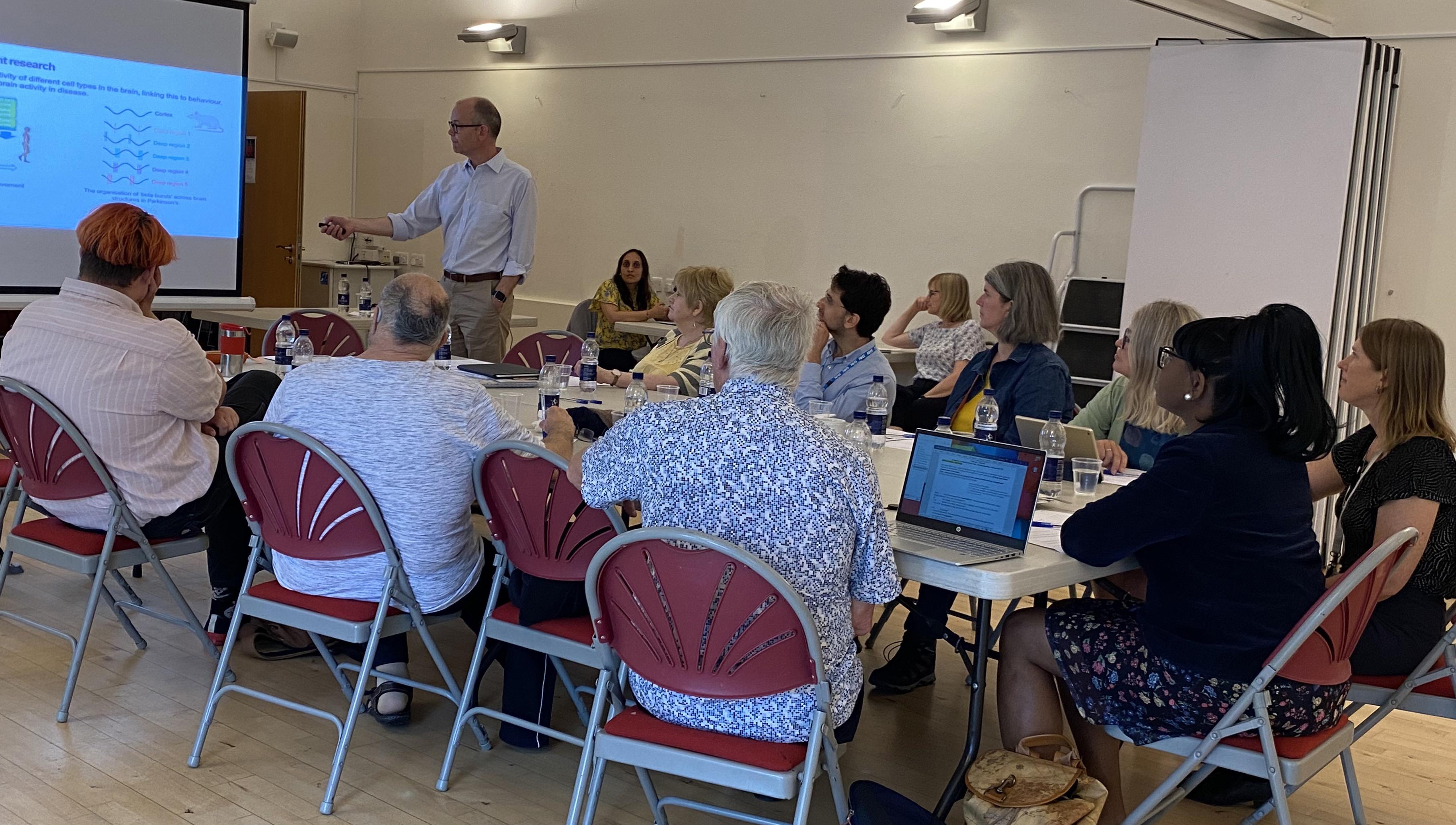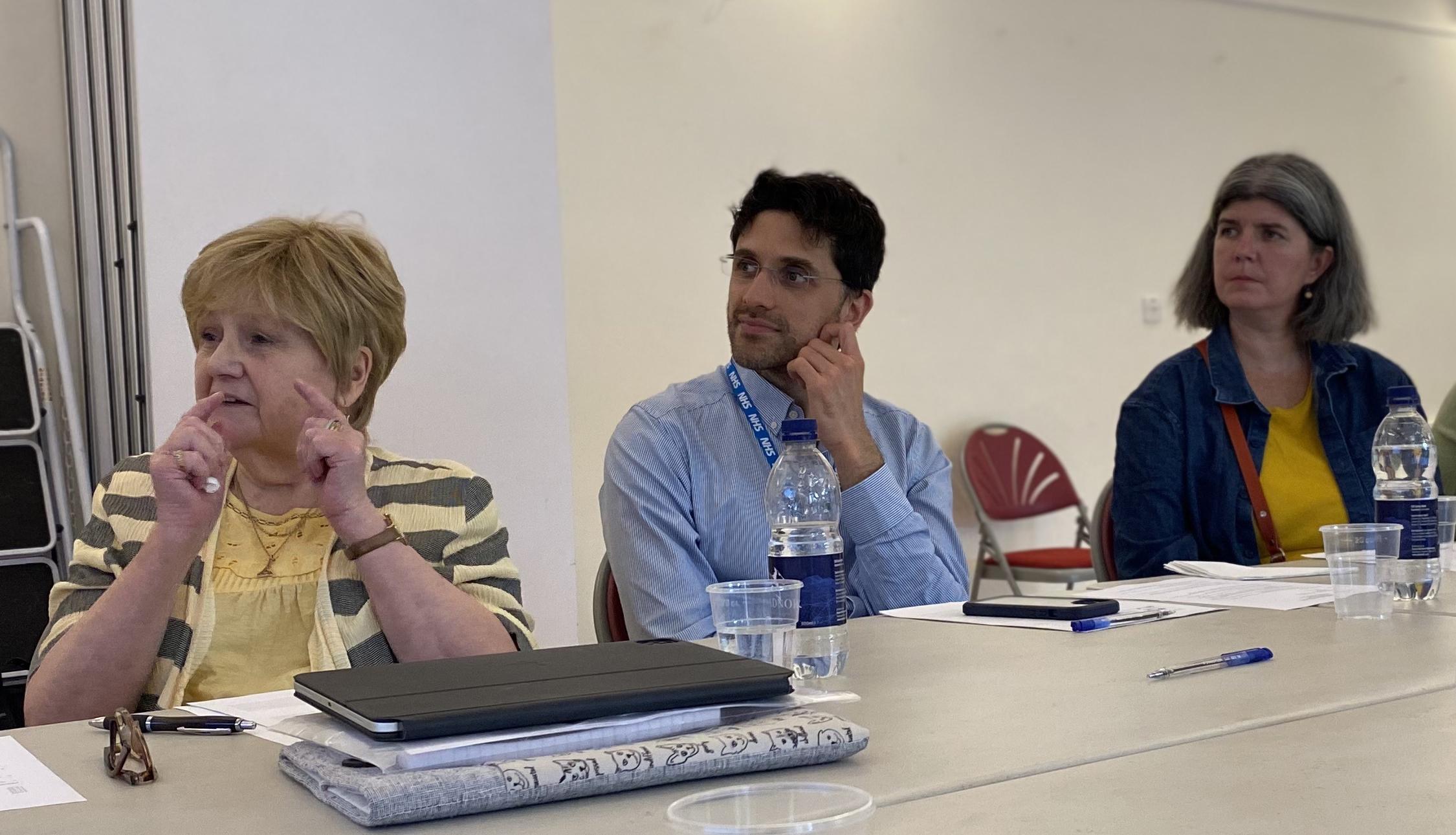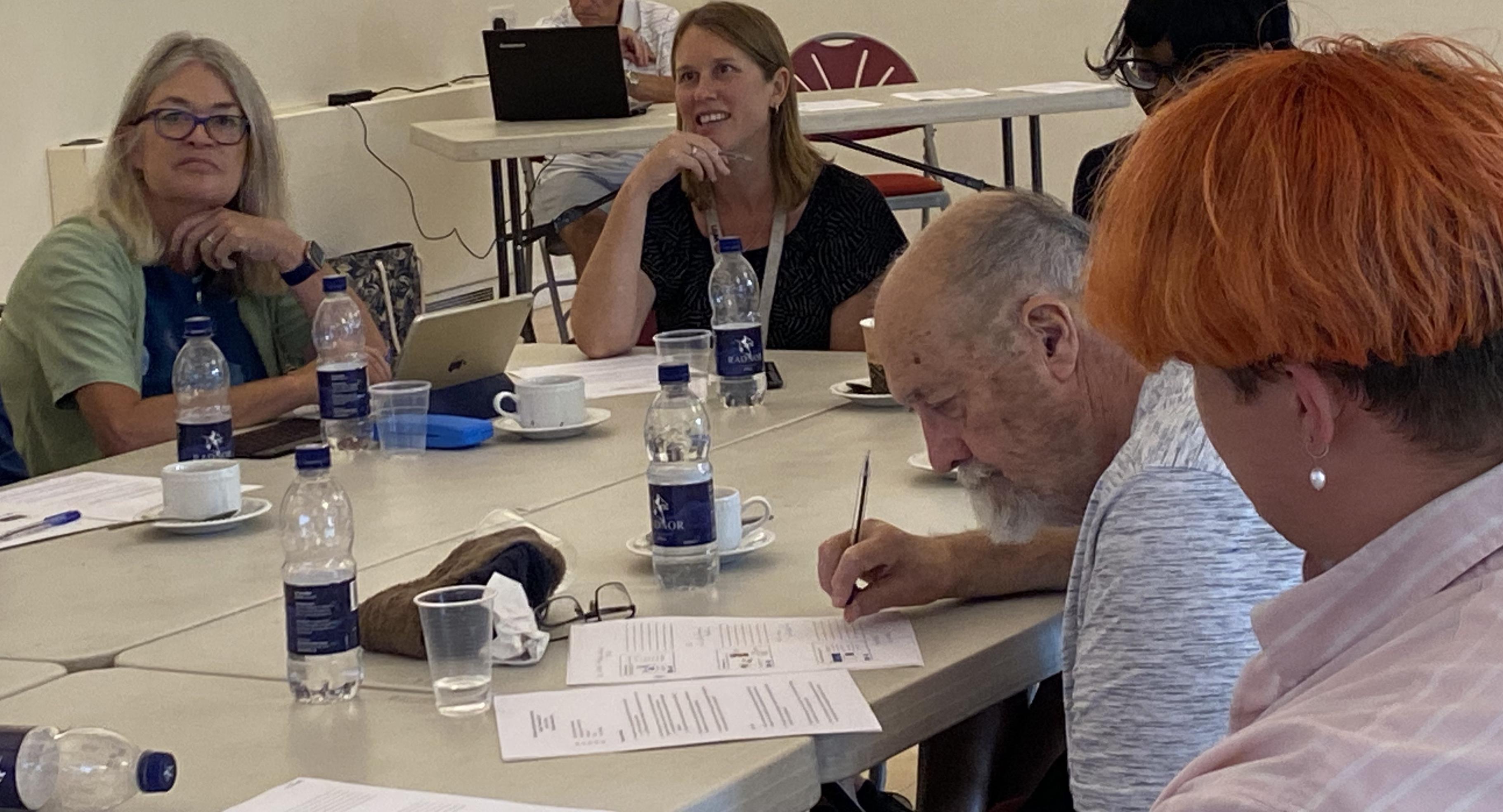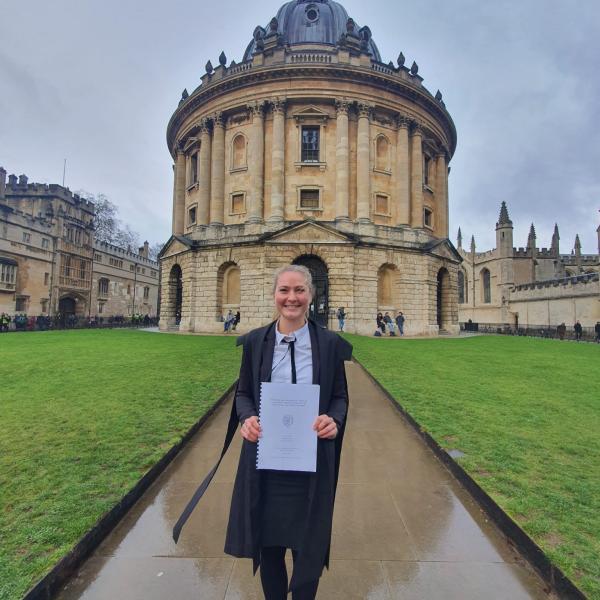
Our congratulations go to Unit D.Phil. student Karen Wendt for successfully defending her doctoral thesis, entitled “Modelling and validating an enhanced transcranial magnetic stimulator for neuroscience and clinical therapies”, in her viva voce examination on 5th December 2023.
Karen’s viva examiners were Professor Axel Thielscher (Technical University of Denmark) and Professor Robin Cleveland (University of Oxford).
Karen was supervised by Professor Tim Denison (MRC BNDU) and Professor Jacinta O'Shea (Department of Psychiatry).

On 12th September, we met with members of our new Patient and Public Advisory Group to help shape the Unit’s research direction and plans. The Advisory Group was made up of people with lived experience of a range of neurological and psychiatric conditions, as patients and carers. The meeting started with a presentation by Unit Director Professor Peter Magill to familiarise the Group members with the Unit’s composition, achievements, and research vision. This was followed by a lively discussion and Q & A session, moderated by the Unit’s Patient and Public Involvement Lead Dr. Melanie Fleming. A variety of topics were discussed, ranging from patient needs to research priorities and on to emerging neurotechnology options for therapy.
Professor Magill commented, “We are committed to involving the public in our research. This first meeting of our new Patient and Public Advisory Group was fantastic. The conversations were open and free-flowing, and we are grateful for the Group’s insights. They will help us ensure that our research addresses important questions in the right ways to give greatest impact.”
Dr. Fleming added, “We are delighted with the hugely enthusiastic response to the summer call to join our Advisory Group. This meeting was a great opportunity to get advice and reflect on some key issues. We look forward to working with our public partners again soon.”
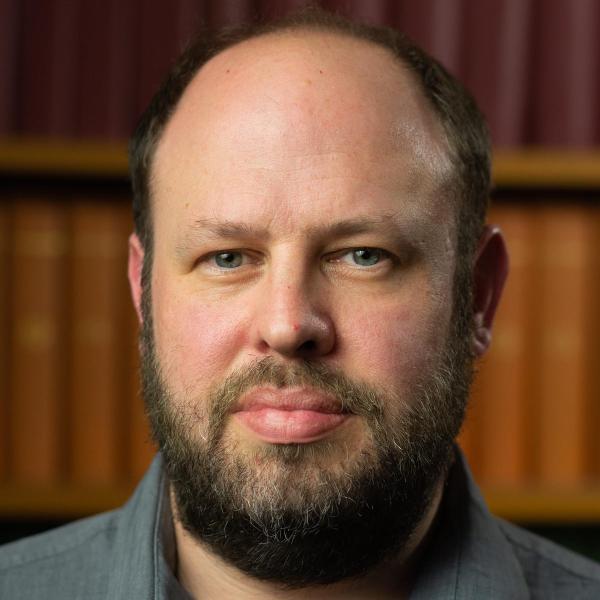
Many congratulations to Unit Group Leader Andrew Sharott on being awarded the title of Professor of Neuroscience by the University of Oxford.
Titles of Full Professor are conferred annually in recognition of an individual’s significant influence on their field of study, as well as their track records in teaching and academic citizenship.
Unit Director Professor Peter Magill commented “I am delighted that Andy’s numerous achievements have been recognised by the University in this way. Andy is not only an outstanding scientist, but also a conscientious mentor and brilliant team player. In combining mechanistic work in animal models with studies involving people with common brain disorders, Andy’s research is pushing back the frontiers of knowledge about how to optimally interact with the brain for therapy. Together with other colleagues at the Unit, I offer warmest congratulations to Andy on receiving this richly deserved accolade.”
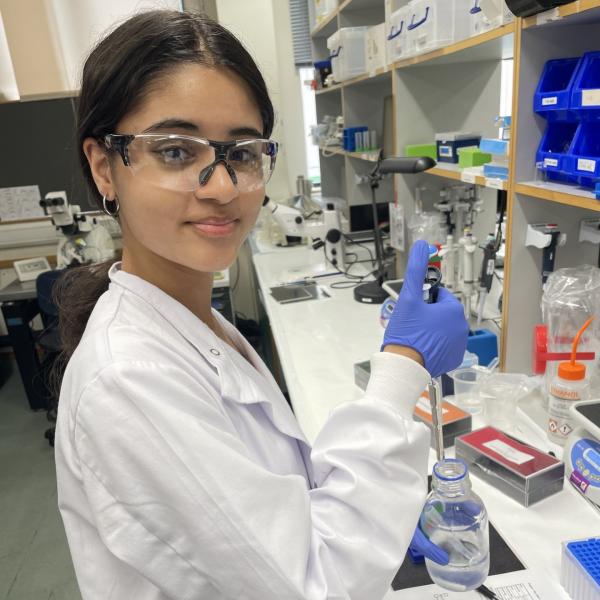
Over the summer, the MRC Brain Network Dynamics Unit once again hosted school pupils enrolled on an innovative work-experience placement scheme that was organised in partnership with the charity in2scienceUK.
The placement scheme was tailored for pupils from local state-funded schools to support their progress into university degrees and careers in science, technology, engineering and mathematics (STEM). During their time in the Unit, the pupils worked alongside Unit researchers and were given personalised mentoring to gain a wide variety of practical experiences, from molecular biology to neuroanatomy. The pupils also learned more about key concepts and challenges in neuroscience and medical research. In parallel to Unit-based activities, the pupils received guidance on university applications, wider information about STEM careers, and training in transferable skills from in2scienceUK. The pupils recorded their experiences and progress in blogs, images, and videos.
The STEM work-experience placement scheme was pioneered in Oxford by the Unit in 2016, and has been successfully rolled out across the wider University since then.
Unit researcher and in2science mentor Sasha Tinelli commented “In2science is a great way of engaging your community with your research. Sharing practical, every-day research with future generations is not only rewarding, but also helps grow interest among young aspiring scientists. I had a great time sharing our work with the in2science students and the experience made me a better science communicator in the process.”
Based on the feedback from visiting pupils and Unit researchers alike, the placements were clearly great successes. We wish all the pupils the best for their future STEM careers.
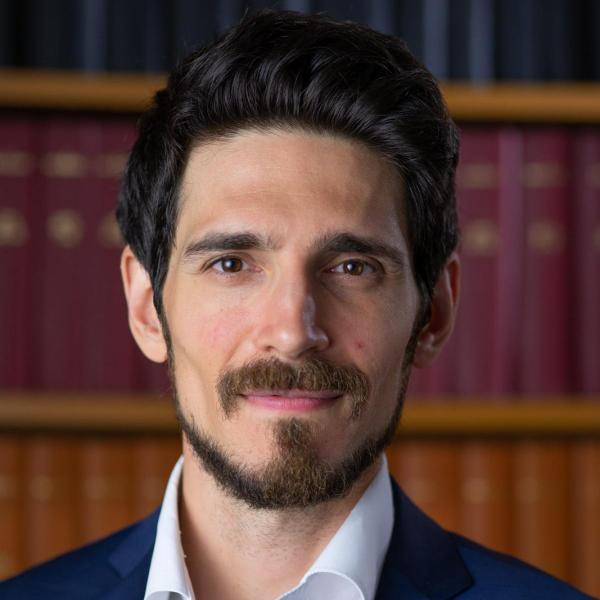
Many congratulations to Unit postdoctoral researcher Dr. Benoit Duchet on being awarded a prestigious Research Fellowship by The Royal Academy of Engineering.
The Academy’s Research Fellowships programme supports outstanding early-career researchers to become future research leaders in their fields. The Fellowships are designed to advance excellence in engineering by providing funding for five years that allows awardees the freedom to concentrate on research, bolster their professional profile, and grow a research team. In addition to direct financial support, awardees also benefit from mentoring from an Academy Fellow.
Benoit is one of only ten Research Fellowship awardees nationwide. Benoit’s Fellowship will support his cutting-edge medical research and is jointly funded by the charity Rosetrees.
Unit Director Professor Peter Magill commented: “We are delighted for Benoit. His Fellowship is a fitting testament to his excellent track record, keen research vision, and potential for research leadership. The Fellowship will help Benoit continue making brilliant contributions to the Unit’s discovery and translational research.”
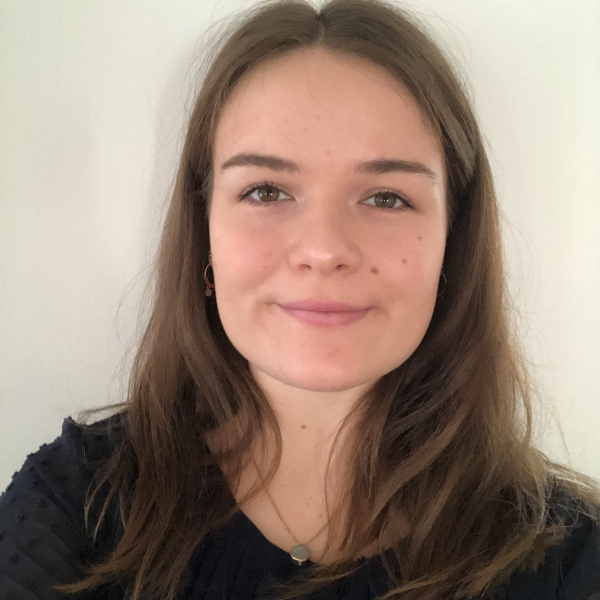
We are pleased to welcome Emma Nesbit to the Unit as a visiting student.
Emma is a second year Neuro-Cognitive Psychology Master student at the Ludwig Maximilian University (Germany), who is interested in investigating the brain networks involved in motor learning. During her 2-month summer internship in the Stagg group, she will work with Dr. Ioana Grigoras and Dr. Catharina Zich to investigate the effect of repetitive transcranial magnetic stimulation (rTMS) on distinct motor circuits and associated behaviour. Having prior experience with techniques like functional magnetic resonance imaging (fMRI) and electroencephalography (EEG), Emma’s role in this research will be a valuable add-on to her skill set and will deepen her understanding of the field of brain stimulation and motor learning.
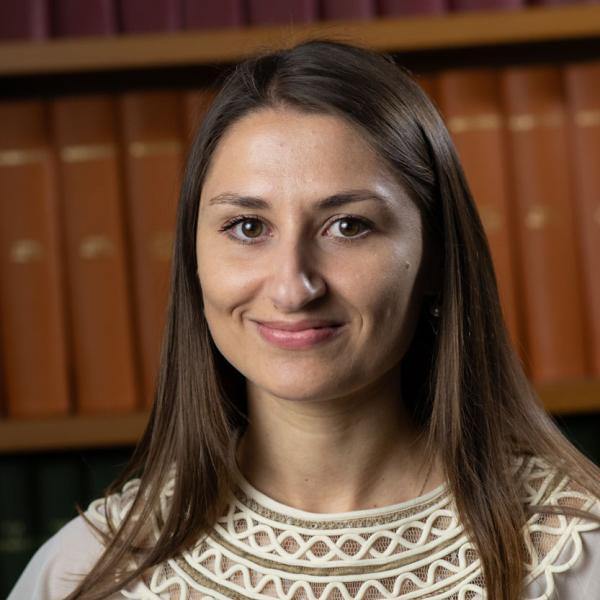
Warm congratulations to Unit postdoctoral researcher Dr. Valentina Mancini on being awarded a Postdoctoral Mobility Fellowship from the Swiss National Science Foundation (SNSF). Postdoc Mobility fellowships are highly competitive grants aimed at researchers who have completed a doctorate in Switzerland. This fellowship will enable Valentina to pursue an innovative research project to enhance her technical skills and increase her scientific independence.
Valentina will start her fellowship in September, working in Professor Charlotte Stagg's group and in close collaboration with Associate Professor Helen Barron and the Department of Psychiatry. Valentina’s research project will focus on investigating the oscillatory signatures underlying impaired hippocampal learning in psychotic patients using MEG and brain stimulation. This project holds great promise for advancing our understanding of the complex interplay between high-frequency oscillations, inhibition and cognitive symptoms in individuals affected by psychosis.

Are you interested in the potential of brain technologies to improve health and wellbeing? Would you like to help shape the direction of our research?
At the MRC Brain Network Dynamics Unit, we are working to better understand the potential of technologies for enhancing brain activity, with the aim of providing long-term benefits for people living with brain disorders.
We are looking for people with lived experience of a range of neurological and psychiatric conditions to join our Patient and Public Advisory Group and help shape our research direction and plans.
We do not need you to be an expert scientist or an engineer; what we need is for you to bring your experience and to be a critical friend.
Working with our Advisory Group would involve a mixture of in-person meetings in Oxford and email or video conference communication, taking up about 2 days per year.
You would be compensated for your time, travel and any associated costs.
For more information, please contact Dr Melanie Fleming.

We are delighted to announce that the Unit has achieved multiple accreditations through the Laboratory Efficiency Assessment Framework (LEAF), a nationally recognised scheme designed to improve the sustainability and efficiency of laboratories.
Six laboratories at the Unit achieved accreditation for their sustainable practices. The Barron Group, Denison Group, Dupret Group, Sharott Group and Tan Group each achieved Bronze awards. The Magill Group achieved a Silver award.
To gain the awards, each Group was audited for the practical steps they had taken to meet several assessment criteria, including those related to the use of equipment and space, the management of samples and chemicals, ventilation, waste/recycling, and the engagement of colleagues.
Unit Sustainability Lead Dr Camille Loiseau commented "There are many opportunities to reduce our impact on the environment, both at home and at work. At a time when environmental issues are more pressing than ever, establishing sustainable practices has never been easier. When I initiated the process for LEAF accreditation at the Unit, I was really impressed by the enthusiastic uptake. Thanks to the LEAF program, and the support of the University of Oxford’s Environmental Sustainability Team, we have successfully implemented a wide range of measures to make our labs more sustainable. And there’s more to come next year!”
Unit Director Professor Peter Magill commented “I am delighted that the Unit’s commitment to sustainable research has been recognised in this way. Many congratulations to the dedicated teams of Unit members who delivered on their plans to help the Unit reduce its carbon emissions, waste and spend. This initiative has already enhanced the Unit environment supporting high-quality research.”
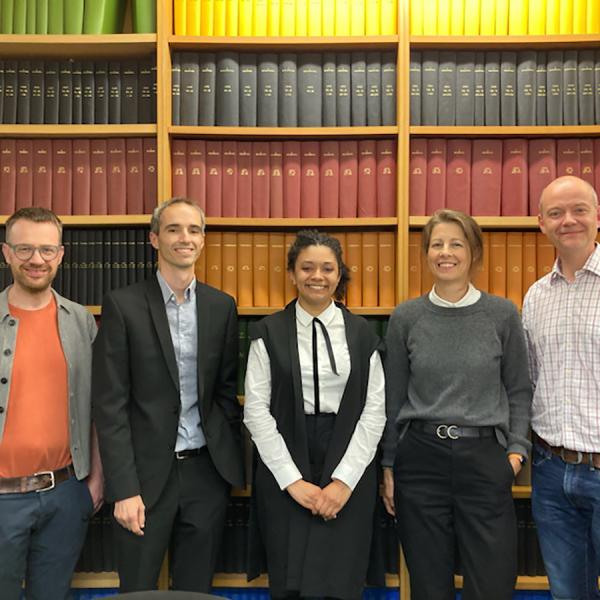
Our congratulations go to Unit D.Phil. student Freya Marijatta for successfully defending her doctoral thesis, entitled “Comparative analyses of dopaminergic signalling in the mouse brain”, in her viva voce examination on 4th July 2023.
Freya’s viva examiners were Dr Paul Dodson (University of Bristol) and Professor Stephanie Cragg (University of Oxford).
Freya was supervised by Professor Peter Magill (MRC BNDU) and Professor Mark Walton (Experimental Psychology).
